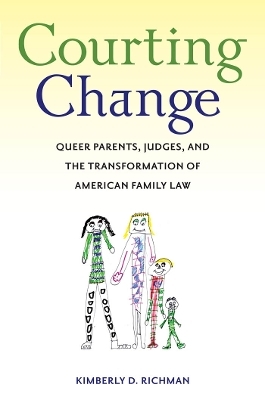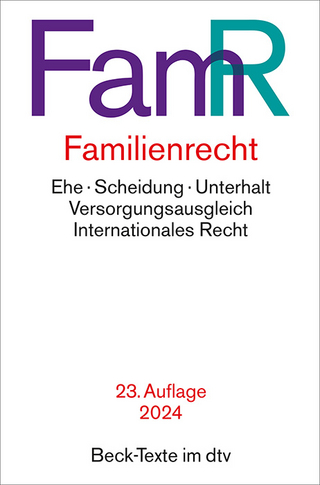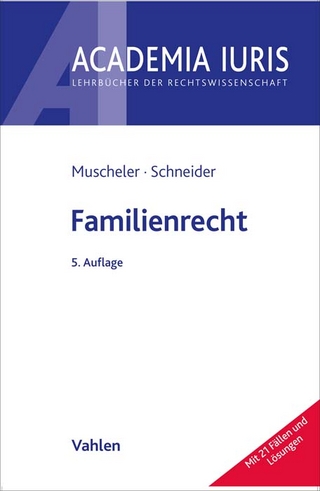
Courting Change
Queer Parents, Judges, and the Transformation of American Family Law
Seiten
2008
New York University Press (Verlag)
978-0-8147-7595-0 (ISBN)
New York University Press (Verlag)
978-0-8147-7595-0 (ISBN)
- Lieferbar (Termin unbekannt)
- Versandkostenfrei innerhalb Deutschlands
- Auch auf Rechnung
- Verfügbarkeit in der Filiale vor Ort prüfen
- Artikel merken
Demonstrates how parental and sexual identities are formed and interpreted in law, and how gay and lesbian parents can harness indeterminacy to transform family law
Winner of the 2010 Pacific Sociological Association Distinguished Contribution to Scholarship Award
A lesbian couple rears a child together and, after the biological mother dies, the surviving partner loses custody to the child’s estranged biological father. Four days later, in a different court, judges rule on the side of the partner, because they feel the child relied on the woman as a “psychological parent.” What accounts for this inconsistency regarding gay and lesbian adoption and custody cases, and why has family law failed to address them in a comprehensive manner?
In Courting Change, Kimberly D. Richman zeros in on the nebulous realm of family law, one of the most indeterminate and discretionary areas of American law. She focuses on judicial decisions—both the outcomes and the rationales—and what they say about family, rights, sexual orientation, and who qualifies as a parent. Richman challenges prevailing notions that gay and lesbian parents and families are hurt by laws’ indeterminacy, arguing that, because family law is so loosely defined, it allows for the flexibility needed to respond to—and even facilitate — changes in how we conceive of family, parenting, and the role of sexual orientation in family law.
Drawing on every recorded judicial decision in gay and lesbian adoption and custody cases over the last fifty years, and on interviews with parents, lawyers, and judges, Richman demonstrates how parental and sexual identities are formed and interpreted in law, and how gay and lesbian parents can harness indeterminacy to transform family law.
Winner of the 2010 Pacific Sociological Association Distinguished Contribution to Scholarship Award
A lesbian couple rears a child together and, after the biological mother dies, the surviving partner loses custody to the child’s estranged biological father. Four days later, in a different court, judges rule on the side of the partner, because they feel the child relied on the woman as a “psychological parent.” What accounts for this inconsistency regarding gay and lesbian adoption and custody cases, and why has family law failed to address them in a comprehensive manner?
In Courting Change, Kimberly D. Richman zeros in on the nebulous realm of family law, one of the most indeterminate and discretionary areas of American law. She focuses on judicial decisions—both the outcomes and the rationales—and what they say about family, rights, sexual orientation, and who qualifies as a parent. Richman challenges prevailing notions that gay and lesbian parents and families are hurt by laws’ indeterminacy, arguing that, because family law is so loosely defined, it allows for the flexibility needed to respond to—and even facilitate — changes in how we conceive of family, parenting, and the role of sexual orientation in family law.
Drawing on every recorded judicial decision in gay and lesbian adoption and custody cases over the last fifty years, and on interviews with parents, lawyers, and judges, Richman demonstrates how parental and sexual identities are formed and interpreted in law, and how gay and lesbian parents can harness indeterminacy to transform family law.
Kimberly D. Richman is Associate Professor of Sociology and Legal Studies at the University of San Francisco.
Acknowledgments Preface: Putting a Face on the Debate 1. Introduction: Situating the Meanings of Marriage 2. The Road to Same-Sex Marriage: The Beginning 3. The Rite as Right: Marriage as Material Right, Marriage as Strategy 4. Marriage as Protest: The Political Dimensions of Marital Motivation 5. Marriage as Validation: Subjects before (and after) the Law 6. Making It Personal: Marriage, Emotion, and Love inside and outside the Law 7. Conclusion: The Multiple Meanings of Marriage Appendix 1: Survey Instrument Appendix 2: Overview of Survey Findings Notes Index About the Author
| Erscheint lt. Verlag | 1.12.2008 |
|---|---|
| Zusatzinfo | 3 black and white illustrations |
| Verlagsort | New York |
| Sprache | englisch |
| Maße | 152 x 229 mm |
| Gewicht | 522 g |
| Themenwelt | Recht / Steuern ► EU / Internationales Recht |
| Recht / Steuern ► Privatrecht / Bürgerliches Recht ► Familienrecht | |
| Sozialwissenschaften ► Soziologie ► Gender Studies | |
| ISBN-10 | 0-8147-7595-0 / 0814775950 |
| ISBN-13 | 978-0-8147-7595-0 / 9780814775950 |
| Zustand | Neuware |
| Haben Sie eine Frage zum Produkt? |
Mehr entdecken
aus dem Bereich
aus dem Bereich
Ehe, Scheidung, Unterhalt, Versorgungsausgleich, Internationales …
Buch | Softcover (2024)
dtv Verlagsgesellschaft
18,90 €


